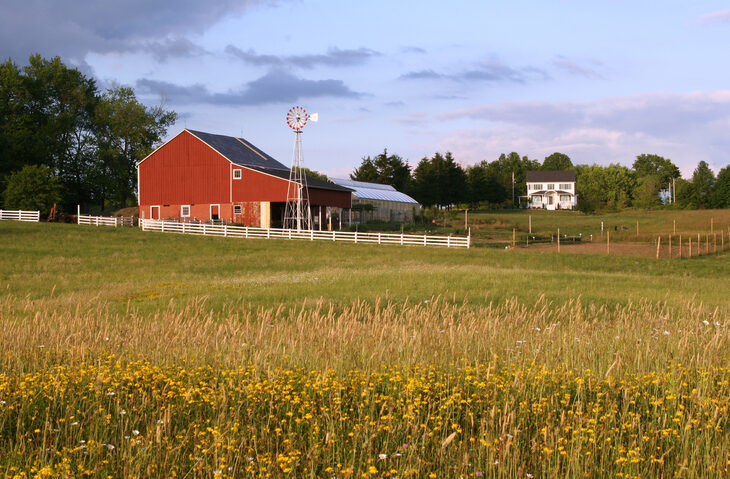
CTF HIGHLIGHTS FROM THE FIELD: MARCH & APRIL 2022
May 23, 2022
Spring is in full bloom and Connect the Future (CTF) remains focused on removing barriers that can halt or hinder broadband deployment – such as access to utility poles – so that 100% of the country can finally have access to the opportunities that come with reliable, high-speed internet access.
>> Download and Share CTF’s New Infographic “Waiting for Broadband Access: The Pole Access & Replacement Timeline” HERE <<
National:
- The Federal Communications Commission (FCC) is seeking comment on changes to pole attachment rules – a significant step that could ensure more equitable division of costs between pole owners and attachers when poles must be replaced, and timelier permitting and resolution of pole attachment disputes. Read more here.
- John Windhausen, executive director of the Schools, Health & Libraries Broadband Coalition (SHLB), and Western Carolina University Professor Edward J. Lopez (coauthor of CTF’s study on the economic benefits of improving access to utility poles) joined Broadband Breakfast for a virtual panel to discuss how the FCC’s proposed pole attachments rule can help bring connectivity to every zip code in America. Read the event recap here.
- Former Iowa Lieutenant Governor, co-founder of Focus on Rural America, and CTF supporter Patty Judge also authored an opinion piece for Broadband Breakfast applauding the FCC’s proceeding, which she writes would help reform outdated pole attachment rules and “expand access to broadband for rural Iowans.”
- CTF thanked Senator Shelley Moore Capito (R-WV) and Senator Roger Wicker (R-MS) for their ongoing efforts on broadband infrastructure, which laid the groundwork for the new FCC rulemaking.
- During the Tennessee Valley Authority (TVA) nominations hearing, Senator Kevin Cramer (R-ND) challenged the nominees to commit to examining pole access issues so that they can advance federal broadband deployment priorities for communities in the Tennessee River Basin. Senator Ed Markey (D-Mass) also highlighted the need to work “smarter, not harder” to attach to poles when deploying broadband to unserved communities. Watch the hearing here.
- Professor Edward J. Lopez published a series of state-focused columns in New Hampshire (New Hampshire Business Review), Montana (Havre Daily News), and Wisconsin (Agri-View) that emphasized the economic cost of delay on pole reforms.
Florida:
- In March, Florida announced $400 million in new funding to expand broadband access in rural and unserved parts of the Sunshine State. Representative Josie Tomkow, who sponsored critical legislation to address barriers related to utility pole access in 2021, applauded the investment, saying, “As someone who dealt personally with the digital divide, I have made it my mission to solve many of the problems surrounding the reason for these gaps.”
Kentucky:
- CTF welcomed progress in Kentucky, where the General Assembly passed legislation to create a $20 million Rural Infrastructure Improvement Fund, which will be used to upgrade or replace utility poles in areas where old or damaged poles are holding back the deployment of high-speed internet service. Governor Andy Beshear signed the bill, and the Commonwealth will soon take steps to administer the fund to support deployment projects in unserved communities.
North Carolina:
- In mid-March, North Carolina officially opened its application period for Growing Rural Economies with Access to Technology (GREAT) grants. Utilizing $350 million in federal American Rescue Plan Act dollars, the grants will be available to internet service providers seeking to expand their networks into unserved areas. These efforts will soon be supported by North Carolina’s newly created pole replacement fund, which provides $100 million to help modernize the state’s aging utility pole infrastructure in order to handle new broadband attachments.
Texas:
- In April, CTF Texas presented Governor Greg Abbott with its Broadband Champion Award to recognize the Governor’s leadership in making broadband expansion an emergency priority in 2021, opening the door for swift action to help close the digital divide. Among those on hand to present the award were CTF supporters from the Texas Rural Broadband Coalition, the Career Colleges & Schools of Texas, the Texas Municipal Police Association, and Charter Communications.